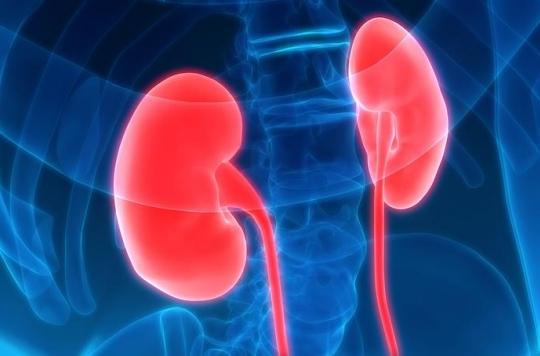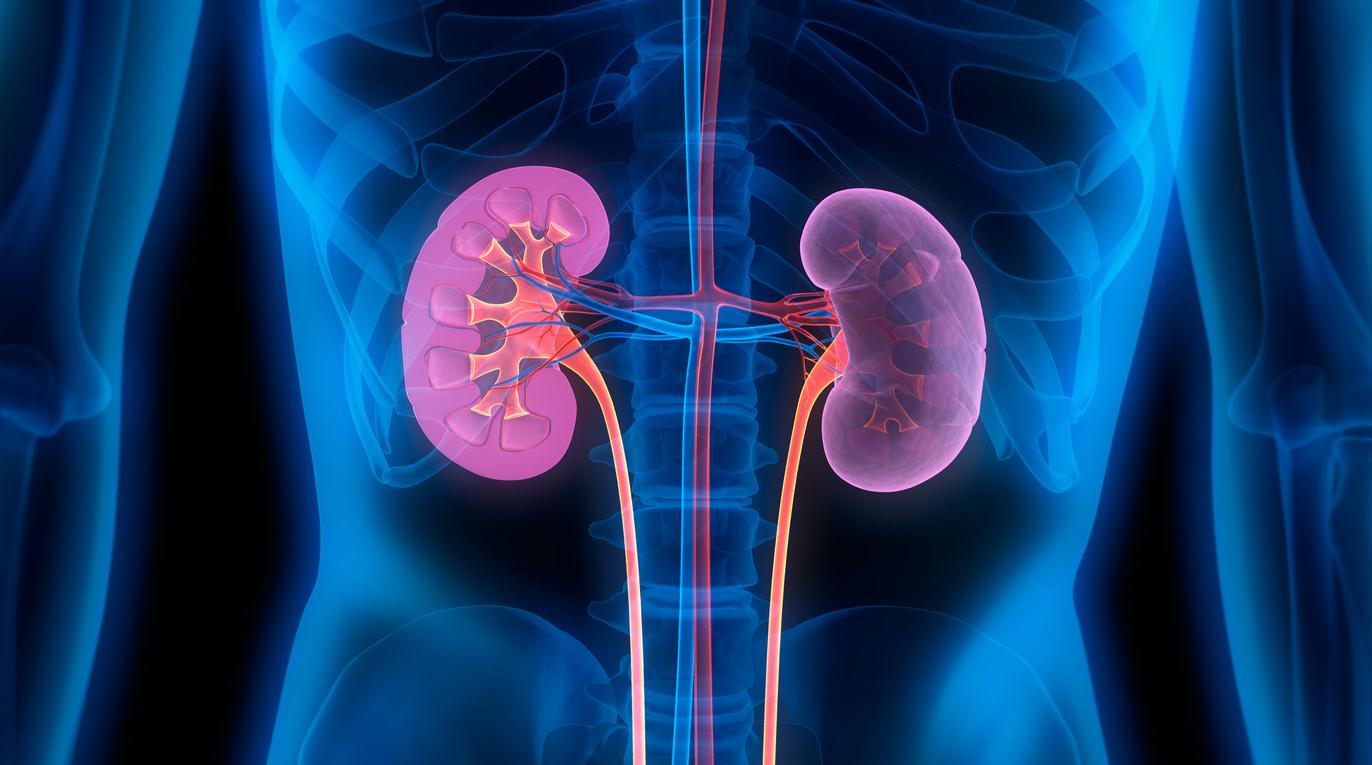Elevated uric acid in the blood is not a cause of chronic kidney disease according to a new study. Rather, it is a consequence and its treatment is unlikely to reduce the risk of kidney disease.

Studies had shown a strong association between high levels of uric acid in the blood (“hyperuricaemia”) and the risk of chronic kidney disease. High uric acid levels are often seen in chronic kidney disease, but the problem is that it is not clear whether this hyperuricemia is a cause or consequence of the kidney disease.
To determine if the level of uric acid in the blood has a causal effect on chronic kidney disease, a research team used a new method known as “Mendelian randomization”. It appears from this analysis based on the genetic variations of the normal that no significant causal link exists between the level of uric acid in the blood and the risk of chronic renal failure. The study appeared in PLOS Genetics.
No impact on kidney function
Elevated blood uric acid is most likely a consequence of chronic renal failure and there is little chance that a reduction in blood uric acid levels with “hypouricemic” treatment reduce the risk of developing chronic kidney disease.
Several clinical trials have been launched to see if drugs that reduce uric acid in the blood (“hypouricemics”) could prevent chronic kidney failure. However, studies that had looked at whether blood uric acid levels had a causal effect on chronic kidney disease were limited by the insufficient number of people analyzed. Moreover, insofar as these were epidemiological studies (a bit like a survey at a time t), they did not really make it possible to establish a link of cause and effect.
Mendelian randomization
This new study is based on analyzes carried out on four population groups and the large British genetic biobank (UK BioBank). The methodology known as “Mendelian randomization” tests whether genetic variants known to naturally increase a risk factor, and in this case blood uric acid levels, also increase the risk of a disease , and in this case, chronic renal failure.
Some people naturally, genetically determined, have slightly higher than average uric acid in the blood, without any real cause of hyperuricemia, just as they may have naturally slightly higher cholesterol or blood pressure. It is therefore possible to correlate this increase with that of the risk of disease analyzed in the study.
Chronic renal failure
About 10% of the world’s population suffers from chronic kidney disease, a condition that can lead to end-stage kidney failure. At this stage, the disease requires dialysis or a kidney transplant.
Treatment options for chronic kidney disease are limited and focus primarily on controlling blood pressure, diabetes and its complications. The search for new therapeutic targets to avoid end-stage renal failure is therefore a public health priority.

.















